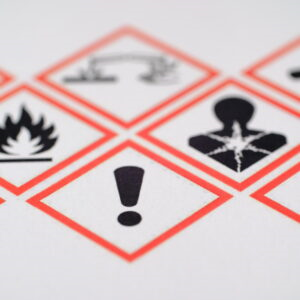
The use of battery related products we now use as consumers has grown exponentially. Almost all our household items from doorbells to vacuum cleaners to cars are now battery powered.
There are some new rules coming into effect in January to help address some of the risks:
Firstly, we have the separation of Lithium ion and Sodium ion batteries which have now have their own UN #’s. Guidance has been added to the packaging requirements for determining the rated capacity of sodium and lithium batteries i.e. State of Charge.
Under the current requirements only lithium-ion batteries without equipment is subjected to a state of charge requirement.
Starting in January 2025 we see a few other rated capacity requirements coming into play;
- All sodium ion batteries being shipped without equipment must be transported at a state of charge of 30% or less.
- All lithium-ion batteries greater than 2.7 watt hours (wh) that are packed with equipment should be offered at a state of charge not exceeding 30% of their rated capacity. This will become a mandatory requirement on the 1st January 2026.
- All equipment that contains a lithium-ion battery should be offered for transport with the cells or batteries state of charge no greater than 30%. The indicated battery capacity should not exceed 25%.
New UN’s for battery powered vehicles have been established separating Lithium ion, metal and sodium powered vehicles. Again the batteries state of charge should be no greater than 30%. The indicated battery capacity should not exceed 25%. This will become mandatory on the 1st January 2026.
In 2026 if the batteries need to be transported at a higher state of charge, this can be achieved with competent authority approval of the UK Civil Aviation Authority along with the Carrier country approval process. Why is this being implemented? Cells and batteries shipped at a reduced state of charge are less prone to thermal runaway and help mitigate the risk for the carriers in transporting these types of items.
If you need help and advice on these upcoming changes, our Dangerous Goods Advisor will be happy to help.





